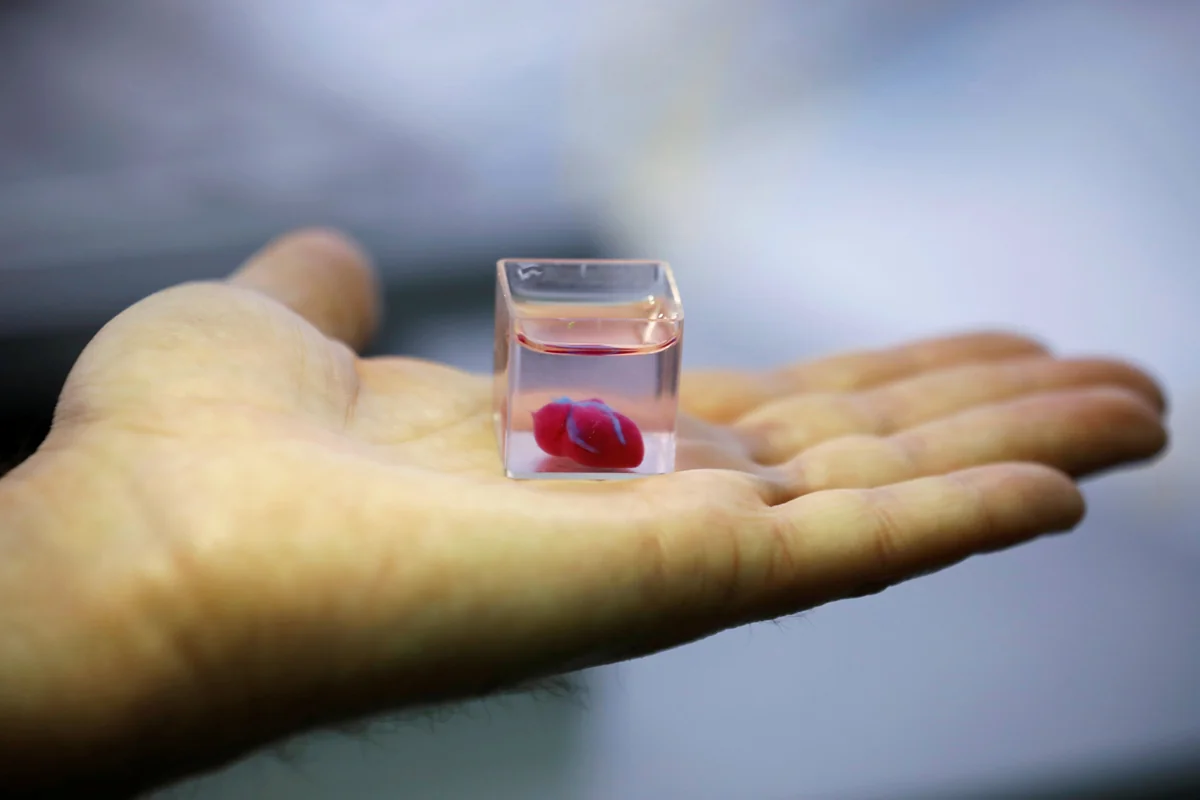Scientists grow first functioning mini human heart
- 24 August, 2020
- 12:04

Michigan State University researchers have created a miniature human heart model for the first time in the laboratory, complete with all primary heart cell types and a functioning structure of chambers and vascular tissue, Report says.
These mini hearts constitute incredibly powerful models for studying all kinds of cardiac disorders with a degree of precision unseen before,” said Aitor Aguirre, the study’s senior author and assistant professor of biomedical engineering at MSU’s Institute for Quantitative Health Science and Engineering.
“Organoids — meaning resembling an organ — are self-assembling 3D cell constructs that recapitulate organ properties and structure to a significant extent,” said Yonatan Israeli, a graduate student in the Aguirre Lab and first author of the study.
The innovation deploys a bioengineering process that uses induced pluripotent stem cells – adult cells from a patient to trigger embryonic-like heart development in a dish – generating a functional mini heart after a few weeks. The stem cells are obtained from consenting adults and, therefore, free of ethical concerns.
“This process allows the stem cells to develop, basically as they would in an embryo, into the various cell types and structures present in the heart,” Aguirre said. “We give the cells the instructions, and they know what they have to do when all the appropriate conditions are met.”
Because the organoids followed the natural cardiac embryonic development process, the researchers studied, in real-time, the natural growth of an actual fetal human heart.
This technology allows for the creation of numerous hHOs simultaneously with relative ease, contrasting with existing tissue engineering approaches that are expensive, labor-intensive, and not readily scalable.
“Now, we can have the best of both worlds, a precise human model to study these diseases — a tiny human heart — without using fetal material or violating ethical principles. It constitutes a great step forward,” Aguirre said.


